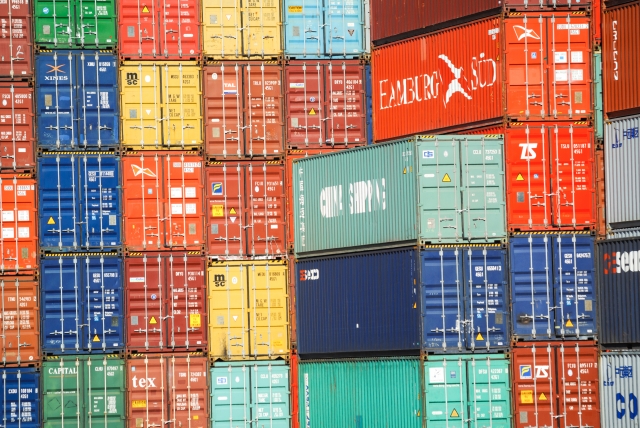HS code (tariff HS code) advantageous change business
- 2020.10.16
- an emerging nation, Emerging nation, Export, HS code, HS number, Import, Import and export duties, Operating income, tariff (import tax), Trade
HS code advantageous change based on customs law theory.Operating profit increase by the change of customs duty / import VAT /consumption tax. ⇒ We will support a workable plan Please contact us. ⇒ Click


